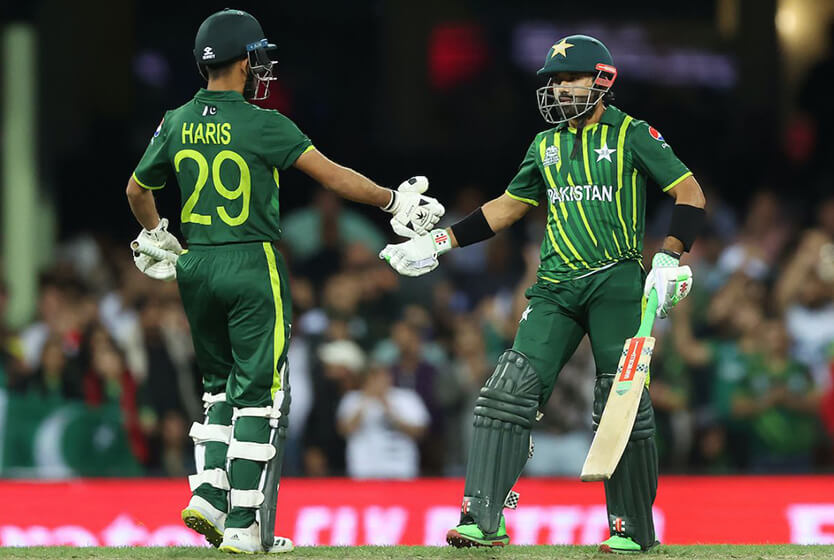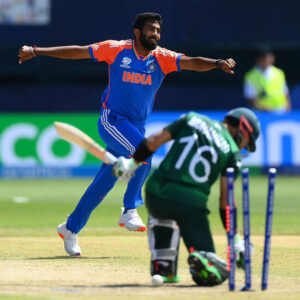
Mohammad Haris Unplugged: A Tale of Selections and Setbacks
Chief Selector Wahab Riaz recently unveiled the 17-member squad for Pakistan’s upcoming tour of New Zealand, sparking extensive discussions, particularly concerning the decision to rest Mohammad Haris. Despite playing pivotal roles in four must-win games during the T20 World Cup 2022 in Australia, Haris, with just nine T20 Internationals under his belt, has grappled with inconsistency in securing a spot in the playing XI.
In the initial nine T20I matches, Haris made sporadic appearances. Despite being part of the squad for the T20I series against England last year, he found himself on the field only once, marking his T20I debut. During the tri-series with New Zealand and Bangladesh, he warmed the bench for all five matches as a traveling reserve. It wasn’t until the T20 World Cup, following Fakhar Zaman’s injury, that Haris entered the fray, leaving a lasting impression with a dynamic performance against South Africa.
Post-World Cup, Haris earned accolades for his fearless style of play, positioning himself as a vital member of the Pakistan T20 team. However, in the series against Afghanistan, his performance was forgettable, and against New Zealand, he faced the disappointment of limited opportunities, raising questions about his exclusion.
The current selection, featuring Sahibzada Farhan, Azam Khan, and Haseebullah while Haris is rested, has reignited conversations about Pakistan’s historical inconsistency in team selection. Instances like Abrar Ahmed’s selection in T20Is last year without game time and Usman Qadir’s travel to Australia, reportedly injured during the World Cup, highlight the team’s uncertainties. Khushdil Shah was dropped from ODIs due to his T20 performances.
In the lead-up to the ODI World Cup, Pakistan experimented with middle-order batsmen, incorporating Khushdil Shah, Asif Ali, and Iftikhar Ahmed. Playing Salman Ali Agha as a power hitter at No. 6 introduced uncertainty to the batting order. Playing players such as Haris Sohail and Salman in the No. 6 role contradicted the strategy of playing Khushdil and Iftikhar, highlighting the lack of a coherent plan. Pakistan would eventually switch back to Iftikhar for No. 6 for the World Cup.
Muhammad Hurraira was picked for his first Test series against Sri Lanka in July. But in the next series, Saim Ayub took his place as the backup opener, and Hurraira got dropped without playing a single match. Mir Hamza played two Test matches against New Zealand earlier this year, then got dropped before returning to the team for the next series against Australia.
The recurring theme of inconsistencies in both selection and the playing XI not only impacts individual player performances but also fosters heightened insecurities, diverting focus towards personal milestones instead of natural gameplay. Addressing this pattern of uncertainty within the team structure is imperative for a more stable and successful future.
The opinions expressed solely belong to the writer and do not necessarily reflect the views of Grassroots Cricket.







Leave a Reply